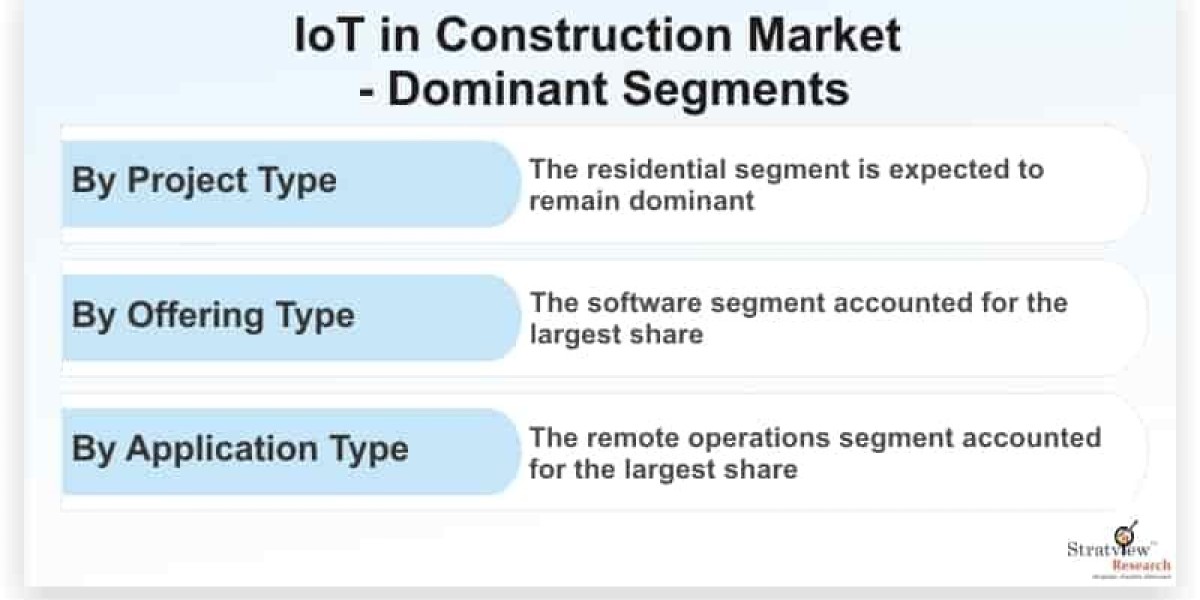The Internet of Things (IoT) is revolutionizing industries worldwide, and the construction sector is no exception. As one of the most traditionally operated industries, construction is now embracing digital transformation through IoT to enhance efficiency, safety, and overall project management. By connecting equipment, machines, and workers through smart devices, IoT is poised to reshape how construction projects are designed, built, and maintained.
"IoT in construction market is likely to witness an impressive CAGR of 16.7% during the forecast period".
Enhanced Project Management and Efficiency
One of the most significant impacts of IoT in construction is the ability to collect real-time data, allowing project managers to monitor progress and performance from remote locations. IoT sensors attached to machinery and equipment provide detailed insights on usage, wear and tear, and operational efficiency. This data enables predictive maintenance, reducing downtime caused by equipment failure and improving the overall workflow.
For instance, connected tools can track material usage and inventory levels, ensuring that supplies are replenished automatically when running low. This minimizes material shortages and ensures continuous project progress. Additionally, smart wearables for workers can monitor their health and productivity, ensuring they remain safe and efficient on-site.
Improved Safety and Risk Management
Construction sites are notoriously hazardous, with numerous safety risks for workers and equipment operators. IoT can help mitigate these risks by providing real-time safety monitoring and predictive alerts. Sensors attached to workers’ helmets and vests can track their location, alerting supervisors when they enter dangerous areas. Similarly, machinery equipped with IoT devices can detect malfunction risks and send immediate notifications, helping prevent accidents before they occur.
Environmental monitoring systems also play a crucial role, tracking factors like air quality, noise levels, and temperature. These systems ensure that workers are operating in safe conditions and help companies remain compliant with regulations.
Cost Savings and Sustainability
By streamlining processes and optimizing resource usage, IoT leads to significant cost savings in construction. Real-time data reduces operational inefficiencies, allowing projects to be completed faster and with fewer errors. Additionally, IoT enables better energy management on-site, promoting sustainability. Smart devices can monitor energy consumption and optimize the use of resources like water and electricity.
Conclusion
The integration of IoT in the construction market is transforming the industry by enhancing project efficiency, improving worker safety, and promoting sustainability. As IoT continues to evolve, its applications in construction will expand, driving further innovation and growth. Companies that embrace this digital shift will not only streamline their operations but also gain a competitive edge in an increasingly data-driven world.
To read in detail about the market dynamics, Register Here: https://www.stratviewresearch.com/Request-Sample/1151/IoT-in-construction-market.html#form



